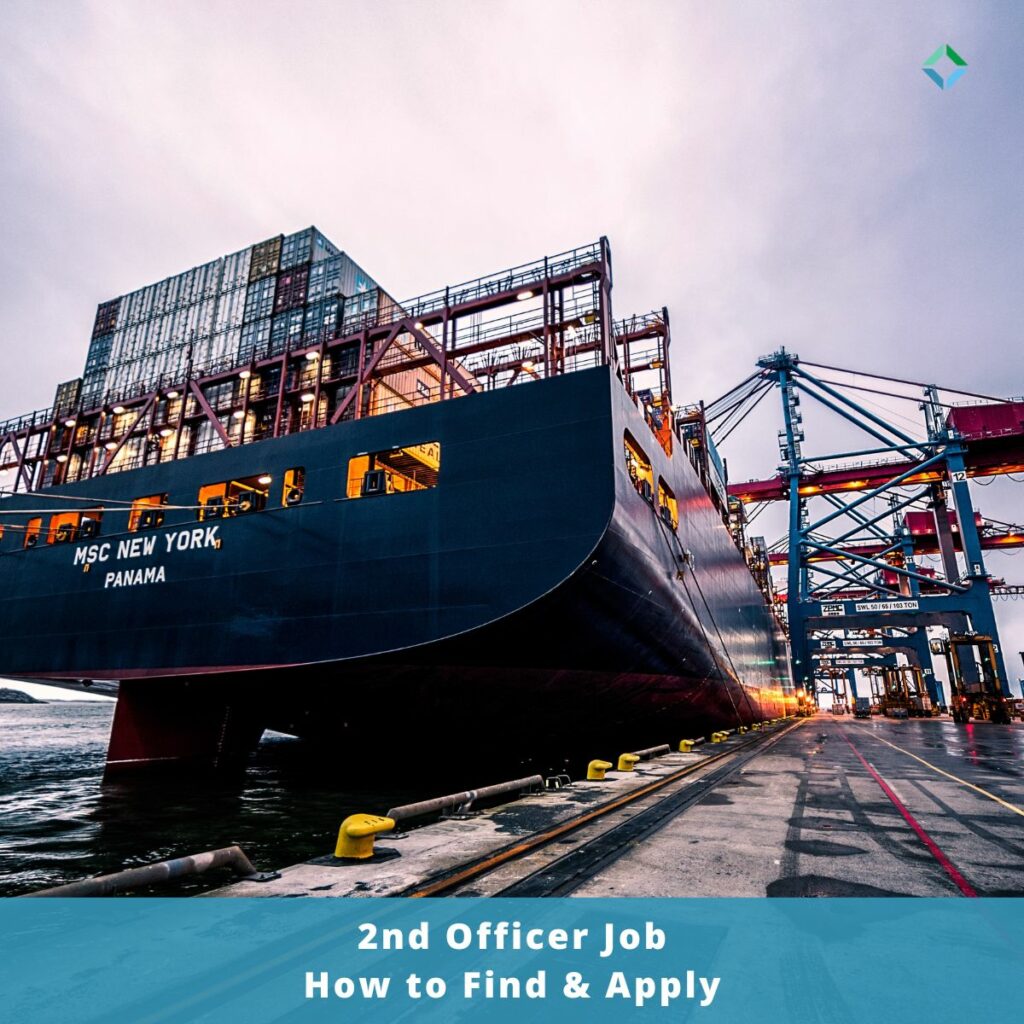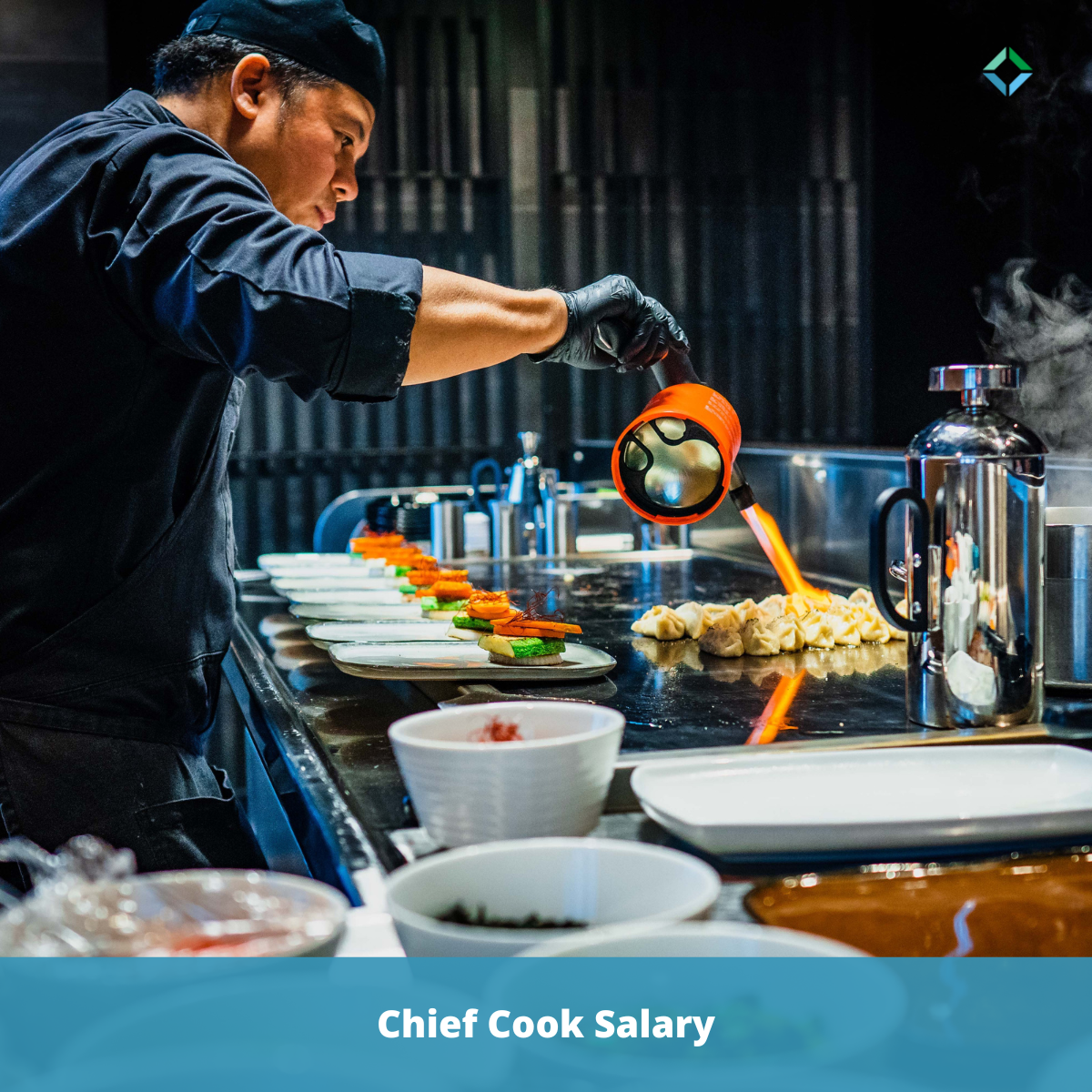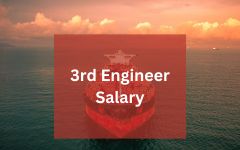Second Officer Job in Shipping | How to Find One & Apply
If you are interested in a career at sea, becoming a second officer in the maritime or shipping industry is an excellent option. As a second officer, you will play a critical role in the smooth operation of a ship, and your skills and experience will be in high demand. In this article, we will discuss what a second officer does, how to find a second officer job (2nd officer job), and how to apply.
What is a 2nd Officer in the Maritime Industry?
As a second officer in the maritime industry, your responsibilities will be varied and require a range of skills and knowledge. Your primary role will be to ensure the safety and efficient operation of the ship. Here are some of the key duties and responsibilities of a second officer:
- Navigation: The second officer is responsible for ensuring that the ship is navigated safely and efficiently. This includes maintaining accurate charts and maps, monitoring weather conditions, and ensuring that the ship stays on course.
- Safety: The safety of the crew and passengers is a top priority for the second officer. They are responsible for conducting safety drills and ensuring that the ship meets all safety regulations and requirements.
- Maintenance: The second officer oversees the maintenance of the ship's equipment, ensuring that it is properly serviced and in good working condition. They also monitor the ship's fuel consumption and ensure that it is managed efficiently.
- Record Keeping: The second officer is responsible for maintaining accurate records of the ship's position, course, and speed. They also record weather conditions and communicate with other ships and port authorities as needed.
- Crew Management: The second officer is responsible for managing the work of the crew, ensuring that they are performing their duties safely and efficiently. They also provide training and guidance to crew members as needed.
- Watchkeeping: The second officer is responsible for maintaining a watch on the ship, ensuring that it is monitored 24 hours a day. They must be prepared to respond quickly to any emergencies or unexpected events.
In addition to these duties, the second officer may also be required to perform other tasks as needed, such as supervising cargo operations or coordinating with other ships in the area.

To perform these duties effectively, a second officer must have a range of skills and knowledge. They must have a thorough understanding of navigation, ship systems, and safety regulations. They must also be able to communicate effectively with other crew members and port authorities. Strong leadership and management skills are also essential for overseeing the work of the crew.
Qualifications and Skills Required
To become a second officer in the maritime industry, certain qualifications and skills are required. These qualifications and skills are essential to perform the job duties effectively and ensure safe and efficient operation of the ship. Here are some of the qualifications and skills required for a second officer job:
- Education and Training: A degree in nautical science or marine engineering is usually required to become a second officer. In addition to formal education, on-the-job training and experience are also required to develop the necessary skills and knowledge.
- Certification: Second officers must be certified by the relevant maritime authorities. Certification requirements may vary depending on the type of ship and the company that employs the second officer.
- Navigation Skills: Navigation is a critical aspect of the second officer's job. They must have a thorough understanding of charts, maps, and other navigational tools. They must also be able to interpret weather patterns and make appropriate course adjustments.
- Safety Management: The second officer must be well-versed in safety regulations and procedures. They must be able to conduct safety drills and ensure that all crew members are properly trained in emergency response.
- Leadership Skills: The second officer is responsible for managing the crew and ensuring that they are performing their duties safely and efficiently. Strong leadership skills are essential to managing and motivating the crew.
- Communication Skills: The second officer must be able to communicate effectively with other crew members, port authorities, and other ships. They must be able to convey information clearly and respond quickly to emergencies or unexpected events.
- Problem-Solving Skills: The second officer must be able to think quickly and make decisions in a high-pressure environment. They must be able to identify and solve problems quickly and effectively.
In addition to these skills and qualifications, there are other qualities that can make a candidate more competitive for a second officer job. For example, proficiency in multiple languages, experience with specific types of ships or cargo, and familiarity with certain geographic regions can all be valuable assets.
Where to Find Second Officer Jobs
If you're interested in a career as a second officer in the maritime industry, finding job opportunities can be a daunting task. However, there are various resources available to help you in your job search. Here are some places where you can find second officer jobs:
- Company Websites: Many maritime companies advertise their job openings on their official websites. It's a good idea to check the websites of companies that operate ships similar to your expertise.
- Online Job Boards: Several job boards specialize in maritime industry jobs, including second officer jobs. Some popular job boards include Vesseljoin, LinkedIn, and Indeed.
- Recruitment Agencies: Maritime recruitment agencies can also help you find second officer jobs. They work closely with maritime companies and can connect you with potential employers. Some popular recruitment agencies include Faststream Recruitment and Oceanic Resources International.
- Social Media: Vesseljoin is specifically designed for seafarers in order to connect with other maritime professionals and learn about job opportunities. You can find easily, sea jobs and other seafarers, send them friend requests, and participate in discussions to expand your network. LinkedIn is also a great place but it's not specifically designed for the maritime or shipping industry. There you can find professionals from all industries.
- Job Fairs: Attending job fairs and maritime industry events can be an effective way to meet potential employers and learn about second officer job opportunities.
- Personal Networking: Networking with other maritime professionals can be a valuable tool in finding second officer jobs. Reach out to people in your network and ask for recommendations or introductions to potential employers. If your existing network can't help, you can try to expand it with Vesseljoin. There you can easily browse and find seafarers from all ranks, send them friend requests, and exchange messages. Many seafarers found already a sea job by doing so.
It's important to keep in mind that the process of finding a second officer job may take time and effort. It's important to stay motivated and persistent in your job search. It may also be helpful to tailor your job search to specific types of ships or companies that align with your expertise and career goals.
How to Apply for Second Officer Jobs
Once you've found second officer job opportunities that match your qualifications and career goals, the next step is to apply for the positions. Here are some tips on how to apply for second officer jobs:
- Review the Job Description: Before applying for any job, it's important to thoroughly review the job description. Make sure you understand the qualifications and responsibilities required for the position.
- Update Your Resume: Tailor your resume to highlight your relevant experience and qualifications for the second officer position. Make sure to include any certifications, licenses, and other relevant training.
- Apply Online: Most second officer jobs are advertised online, so you can usually apply directly through the company's website or a job board. Make sure to follow the application instructions carefully and provide all required information.
- Follow Up: After submitting your application, follow up with the company to confirm that they received it and to express your interest in the position. You can also inquire about the timeline for the hiring process.
- Prepare for the Interview: If you are selected for an interview, make sure to prepare for it in advance. Research the company and the ship you will be working on, practice common interview questions, and be prepared to discuss your qualifications and experience.
- Be Patient: The process of hiring a second officer can take some time, so be patient and continue to search for other job opportunities while you wait for a response.
What to Expect During the Hiring Process
Once you have applied for a second officer job in the maritime industry, it's important to understand what to expect during the hiring process. Here are some common steps involved in the hiring process:
- Application Review: The company will review your application materials, including your resume and cover letter, to determine if you meet the qualifications for the position. If your application is selected, you may be contacted for an initial phone screening.
- Phone Interview: A phone interview is often the first step in the interview process. It's an opportunity for the employer to ask you more detailed questions about your experience and qualifications.
- In-Person Interview: If you pass the phone interview, you will be invited for an in-person interview. This interview may include a tour of the ship and an opportunity to meet with other members of the crew.
- Background Check: Before hiring you for a second officer job, the company will typically conduct a background check to verify your employment history, education, and other qualifications.
- Medical Exam: As a requirement for working on ships, you will be required to undergo a medical examination to ensure that you are fit to work at sea.
- Training: If you are offered the job, you will be required to complete various training courses and certifications before starting work. These may include safety training, firefighting training, and navigation training.
- Offer of Employment: If you successfully complete the hiring process and meet all the requirements for the job, you will receive an offer of employment. Review the offer carefully and make sure you understand the terms and conditions of the job.
It's important to keep in mind that the hiring process for a second officer job in the maritime industry can take several weeks or even months. Be patient and stay in contact with the company throughout the process to ensure that you stay informed and up-to-date on the status of your application.






